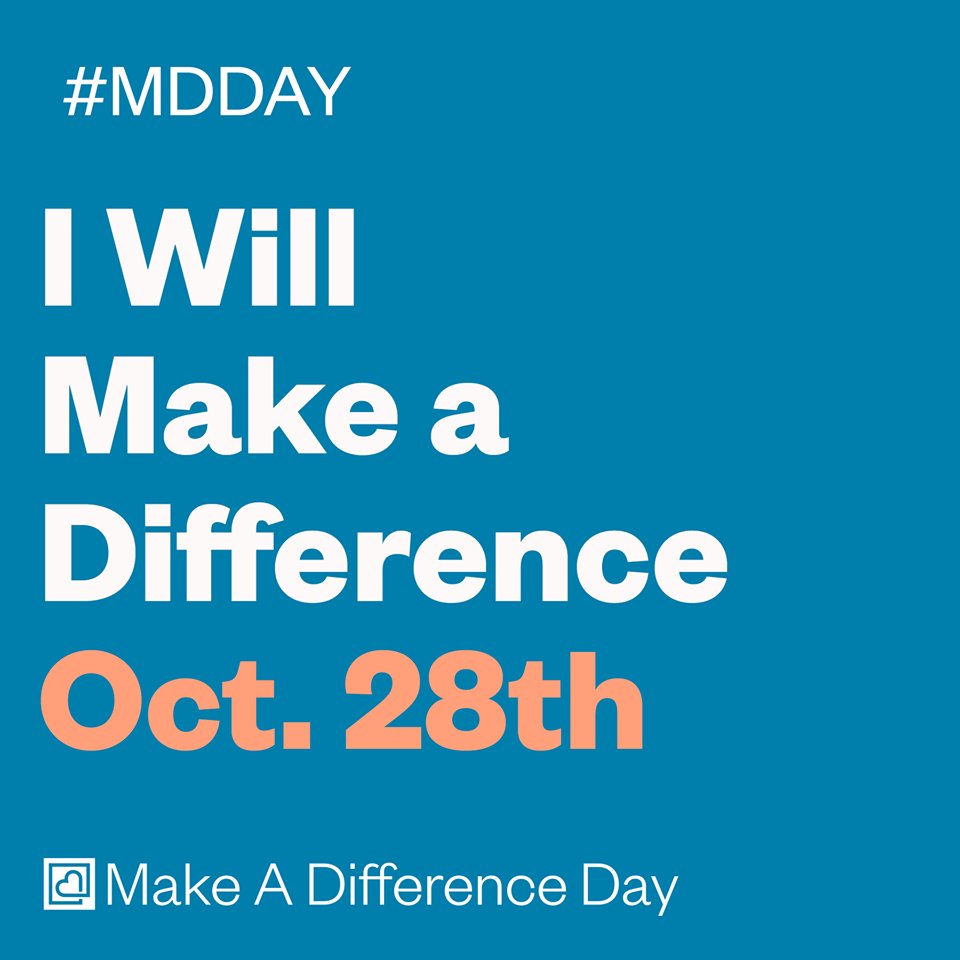Every year in the United States, we citizens celebrate Independence Day on July 4. On this day in 1776, members of the Continental Congress signed and enacted the United States of America’s Declaration of Independence from British Empire rule. At the time, there were just 13 states, and those states pulled away from Great Britain as a sign of freedom, independence, and democracy.
Most Americans look forward to this day every year because of the parades, picnicking, eating their favorite foods, and of course, must-see fireworks displays. We gorge ourselves on food when what we need instead is a healthy serving of appreciation for what independence truly means.
For me, independence is one of my top core values. I love my independence as a woman, a second generation American, an entrepreneur, a community volunteer, and a creative spirit. I am also an independent thinker.
When my parents took my older siblings and me to watch the fireworks display or ignite our own sparklers in our front yard on the Fourth of July, I had no idea what we were celebrating. Growing up, I just knew it was a lot of fun.
Now that I’m older, I value my independence even more. With that independence also comes responsibility. I can choose to work where I want, live where I want, be friends with whomever I wish, come and go as I please, support whatever causes I want, share my voice, express myself, and live my life as fully as I can. Take any of this away from me, and I am diminished. I feel less than. Not every person enjoys the same sense of independence as I do. I would love to see that change so that all Americans felt safe in sharing their voices, without ridicule or disrespect. Every American deserves the right to benefit from America’s Founding Documents, The Declaration of Independence, The Constitution, and The Bill of Rights. We need to do better. In our workplaces and in our communities, we must value each other’s choices and voices. We must continue to fight for equality and what is right and just for all people.
As you gather around the campfire or picnic table today, ask yourself, “What do I value the most about my independence?” Be grateful that you live in a country that allows you to be independent. Appreciate it and value it for what it is today.










